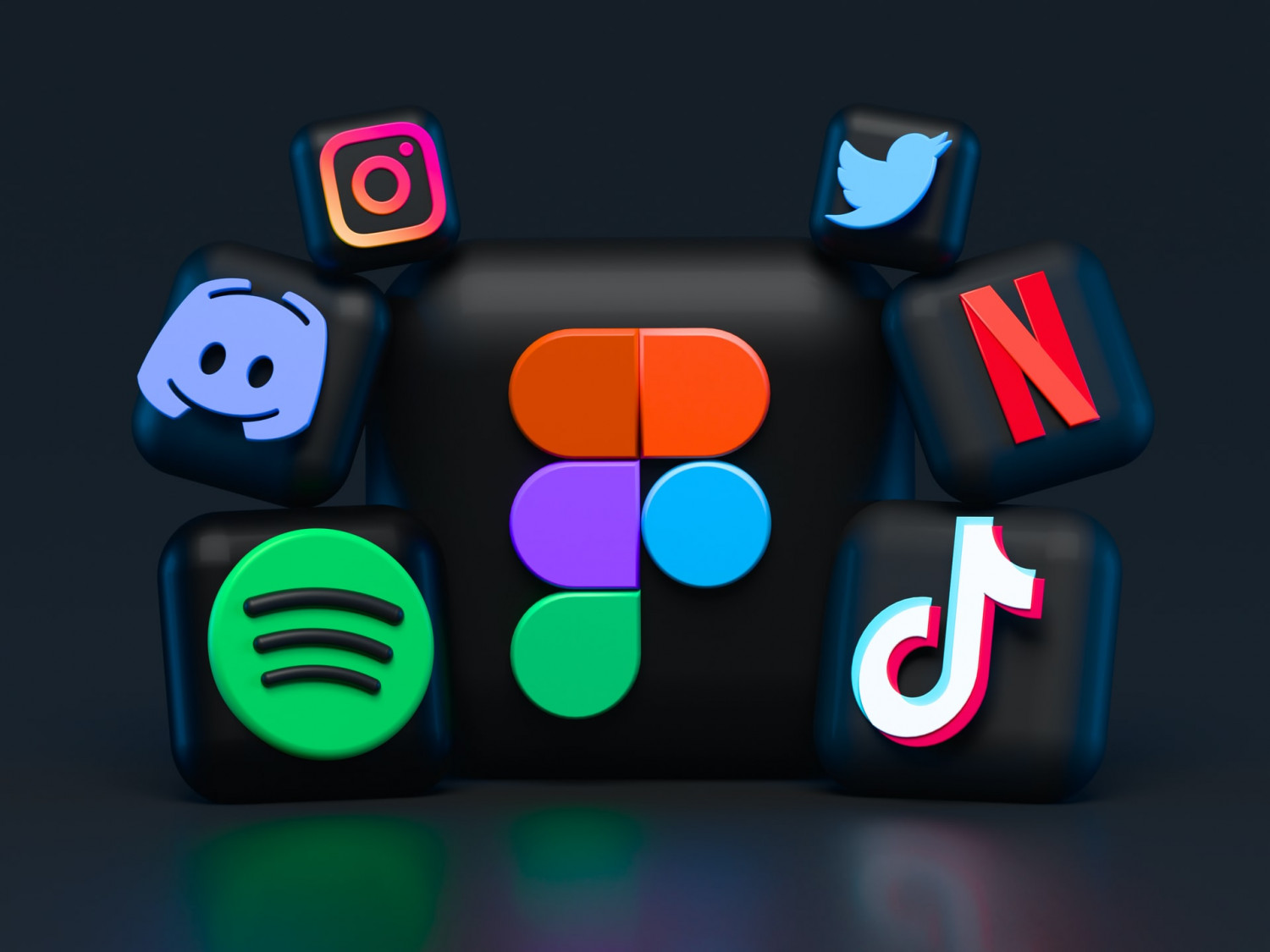How To Build Your Brand
 A recognisable and loved brand is one of the most valuable assets a company can own. Establishing and maintaining your brand is going to be vital for your business, no matter what size it is or sector you’re in. It’s important to remember that you need to build a brand, not just a business. So, how do you do that?
A recognisable and loved brand is one of the most valuable assets a company can own. Establishing and maintaining your brand is going to be vital for your business, no matter what size it is or sector you’re in. It’s important to remember that you need to build a brand, not just a business. So, how do you do that?
1) Who are you?
Some important questions to ask yourself are: What is your product? What is your aim? What kind of company do you want? What are your core values?
Knowing who you are and what you’re about will be the driving force of your business, and your brand will help you get there. The answer to these questions may well be your biggest unique selling point.
2) Identify your target clients
This is not going to be everybody! The narrower your focus here, the faster your growth. The more diverse your target audience, the more diluted your marketing efforts will be which will take away from the strength of your brand. Then…
3) Research your target clients.
Researching your target clients will help you understand their perspective and priorities, anticipate their needs and help you reach them in a language that resonates with them. This will also highlight your strengths, and areas you may need to focus on.
4) Develop your brand marketing position
How are you different from others and why should potential clients choose to work with you?
A positioning statement is generally 3 to 5 sentences long and captures the essence of who you are. Be realistic here, as you will have to deliver on your promises. You can also be aspirational though, so you have something to strive for and show belief in your business.
5) Develop your messaging strategy
Whilst your core brand marketing position must be consistent across all audiences, each audience will be interested in different aspects of it.+
Your target audience won’t just include potential clients, but will also include potential employees, referral sources etc., so ensuring the relevant points and specific concerns of each audience is addressed will be important in establishing your brand.
6) Your name, logo and tagline
These are not your brand, but are part of your brand's identity, and communicate or symbolise your brand, and support your strategy.
Things to consider for your:
Name
Strong names tend to be short, memorable and easy to spell and say. Something abstract or evocative usually works well, rather than literal descriptions of what you do.
Logo
Your logo should: 1) identify you; 2) differentiate you; 3) help people remember you
Tagline
A good tagline should help do at least one of the following: 1) clarify what you do; 2) express an important brand attribute; 3) Articulate your position; 4) help people remember you. Rarely do they do more than one of these functions.
7) Develop your website
Your website is your single most important brand development tool. It’s the place where all your audience will turn to learn about what you do and how you do it. Sending the right message is important.
Furthermore, your website will be home to all of your valuable content. That content will be the focus of your search engine optimisation (SEO) which is how your audiences will find you.
Read our article on how to improve your SEO here.
8) Implement, track, learn and adjust
Now it’s time to implement all that you’ve planned, but note the importance of following the plan through, and not then neglecting it.
Track that which has been implemented so that you can learn which has been most productive, generated the most interest and produced the most leads. Some things will work better than others, and that’s fine. There will always be trial and error. What’s important is to learn from all the data you're presented with, and either continue or adjust accordingly. Keeping an eye on any trends that might come up in your sector.